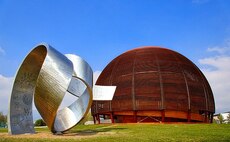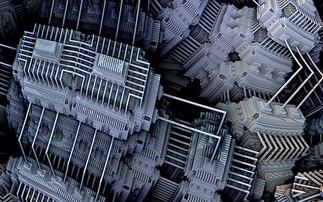Quest for Higgs boson reaches new milestone today
LHC scientists say lining up the beams is 'like firing needles across the Atlantic and getting them to collide' The Large Hadron Collider (LHC) will conduct its biggest test yet today. The LHC ha...
To continue reading this article...
Join Computing
- Unlimited access to real-time news, analysis and opinion from the technology industry
- Receive important and breaking news in our daily newsletter
- Be the first to hear about our events and awards programmes
- Join live member only interviews with IT leaders at the ‘IT Lounge’; your chance to ask your burning tech questions and have them answered
- Access to the Computing Delta hub providing market intelligence and research
- Receive our members-only newsletter with exclusive opinion pieces from senior IT Leaders





















